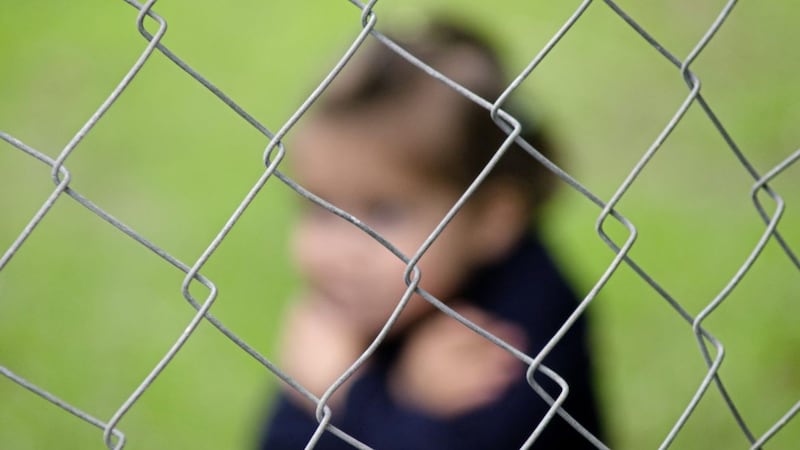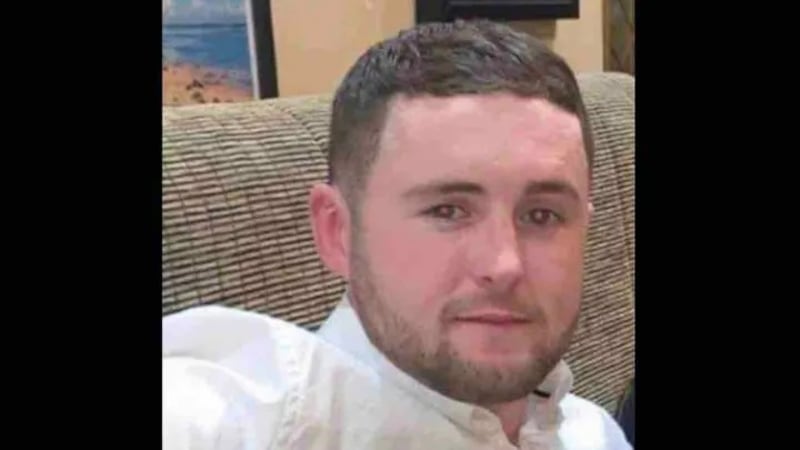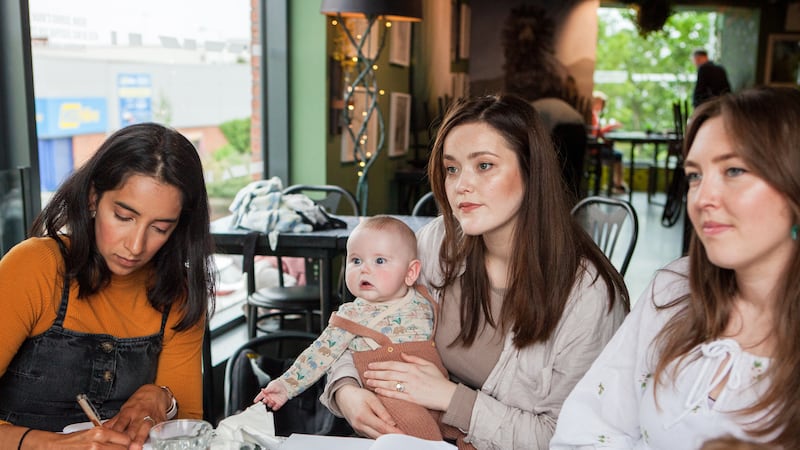NORTHERN Ireland children rights activists have been warned a new Westminster Bill may "heighten the risk of trafficking and re-trafficking for child refugees".
UN Special Rapporteur Professor Siobhán Mullally voiced her concerns about the Nationality and Borders Bill yesterday at Children's Law Centre (CLC) Annual Lecture, which came a week after at least 27 people, including children, drowned crossing the English Channel.
The CLC has expressed concerns that trafficked children "are not being identified" in Northern Ireland.
"Across the water in Great Britain there is a long list of third sector organisations who act as first responders and are able to lodge NRM referrals on behalf of children," Belfast-based immigration lawyer Barbara Muldoon said.
NRM or National Referral Mechanism is a framework for identifying and referring potential victims of modern slavery and ensuring they receive the appropriate support.
"There are no third sector organisations in Northern Ireland who are able to lodge a referral.
"Only social services, PSNI and the Home Office themselves can make a referral."
Professor Mullally said the new bill "is deeply concerning in its hostile approach towards refugees and asylum seekers", describing it as a "gift to people smugglers".
"Immigration practitioners and human rights organisations have consistently raised concerns that the identification of victims of trafficking will become more difficult.
"Indeed, the Independent Anti-Slavery Commissioner has also made this very point.
"I have also officially written to the UK authorities, along with other relevant Special Rapporteurs, to highlight my concerns about the Nationality and Borders Bill and its compliance with the state's obligations under international law to prevent trafficking in persons.
"There is little doubt that the risk of trafficking or re-trafficking will increase as a result of this Bill, particularly in relation to children.
"It will make it more difficult to identify victims or potential victims of trafficking, with changes to the `reasonable grounds threshold' particularly concerning. It will also weaken access to services that meet the complex individual needs of victims of trafficking, and potentially treat child refugees as criminals.
"There is an established international rights framework set up to protect refugees and prevent trafficking.
"Such serious departure from this framework, coupled with the current rhetoric towards refugees, will have devastating consequences for people, including very vulnerable and traumatised children."
CLC director Paddy Kelly said the UN Special Rapporteur's intervention "comes at a critical moment where much of the good work carried out in this jurisdiction to tackle the causes and effects of child trafficking could be undone".
"It also highlights the importance of a strong rights framework, including domestic implementation of those rights in the protection of children."



